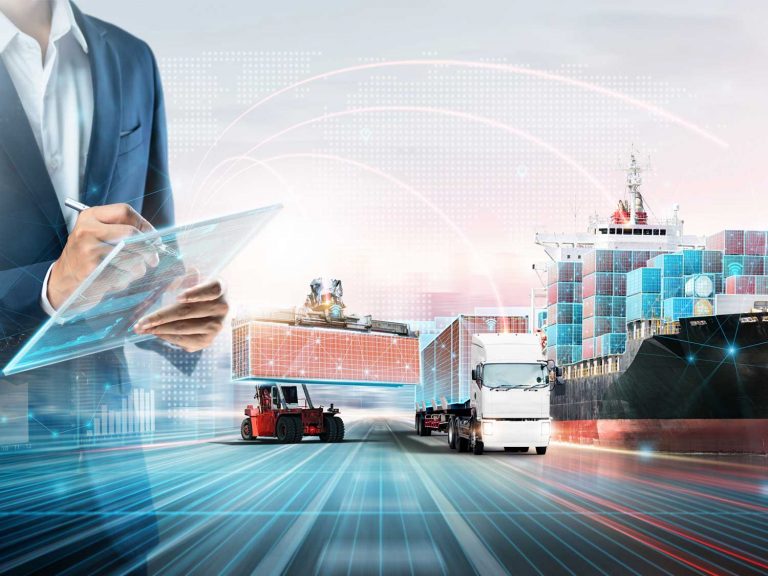
Date:
eBills have same legal recognition as paper bills of lading
The UK’s Electronic Trade Documents Act (ETDA) came into force on the 20th September, providing an electronic bill of lading (eBill) the same legal status as a paper bill of lading.
This is a major step forward in the modernisation of international trade and is anticipated to boost the UK economy by over £1 billion over the next decade, by removing the barriers of time and cost associated with exchanging paper documents.
The issue of ‘possession’, which has been the main obstacle to the legal recognition of electronic trade documents, has been resolved by the development of distributed ledger technology and blockchain technology, which have established reliable systems for the identification and control of electronic trade documents.
The ETDA permits a person to possess, endorse and part with possession of an eBill, which means that where an eBill has been transferred to a new lawful holder, possession gives that holder the right to demand delivery of the goods.
Using eBills
Starting your electronic trade documents journey is simple!
You, your consignee and Metro register on the secure platform utilised by the carrier and after draft approval, the eBill will be issued and transferred digitally through the platform to the parties you nominate.
Increased efficiency
The move to eBills provides significant cost savings, removes the need to print documents and arrange for them to be couriered to third parties, which means the process is swifter and reduces the likelihood for errors or loss.
Creating eBills can be automated, with the document produced at the touch of a button, and instantly transferred onto the relevant party, which avoids the issues and storage costs associated with paper bills of lading, where the goods cannot be released if there is a delay in receiving the paper document.
Increased security
Electronic Bills of Lading increase the security surrounding a transaction and the protection of confidential information, with electronic bill of lading systems approved for use by the shipping lines’ insurers.
Blockchain technology creates a digital record of transactions and the distributive ledger system allows participants to access information instantaneously, while limiting the risk of fraudulent activity by storing information on multiple servers, meaning that a perpetrator would have to access all versions to alter the document.
If you’re ready to simply your trade document generation, reduce administration, save courier fees, avoid release delays and unnecessary costs, contact your Metro account director, or EMAIL Jade Barrow, Business Process Optimisation Director.
